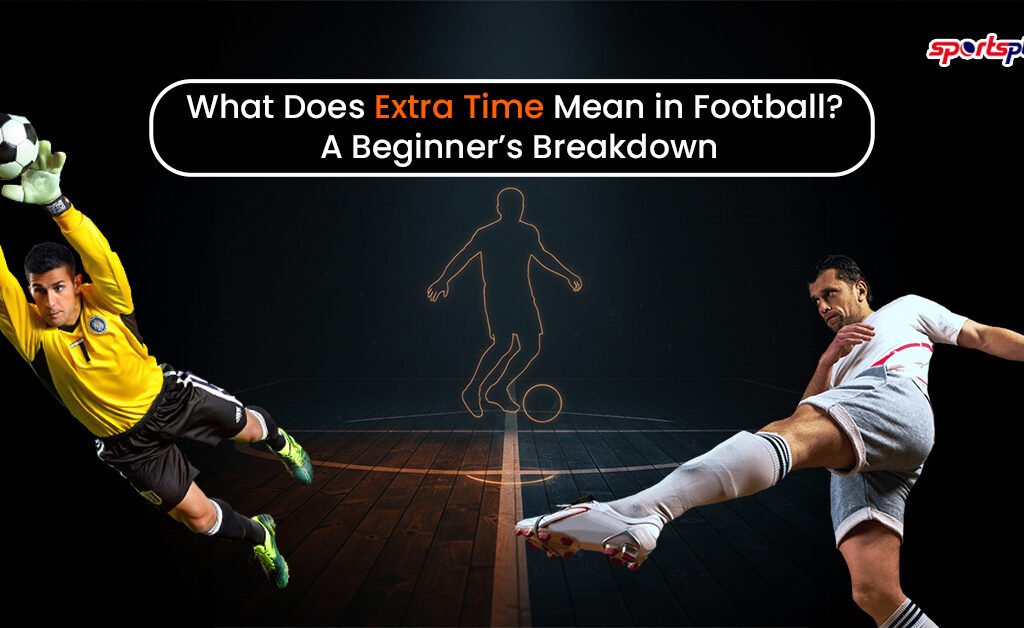Posted inFootball
What Does Extra Time Mean in Football? A Beginner’s Breakdown
It's the additional 30 minutes played when knockout games are tied after regular time. Please think of the World Cup finals or Champions League classics that stretched beyond regulation, those…

